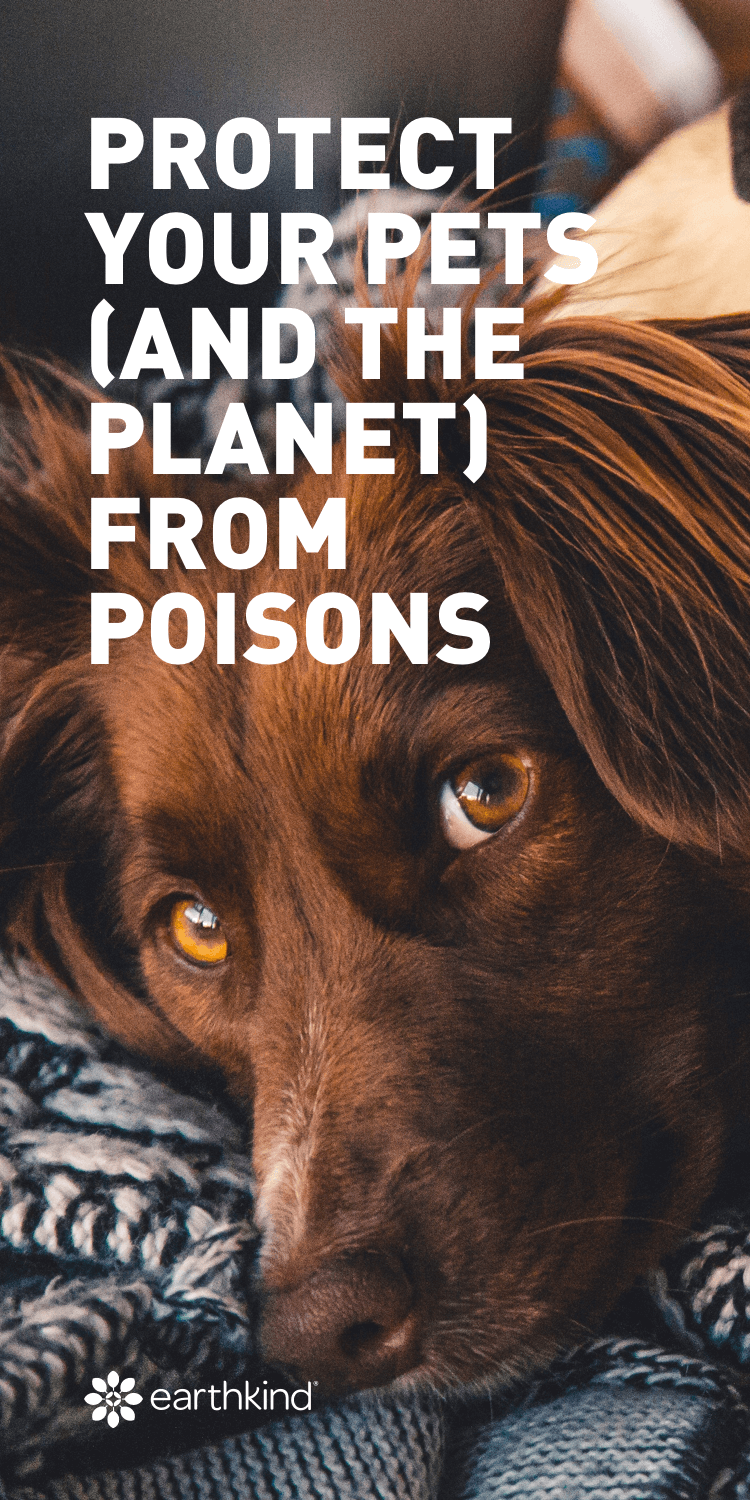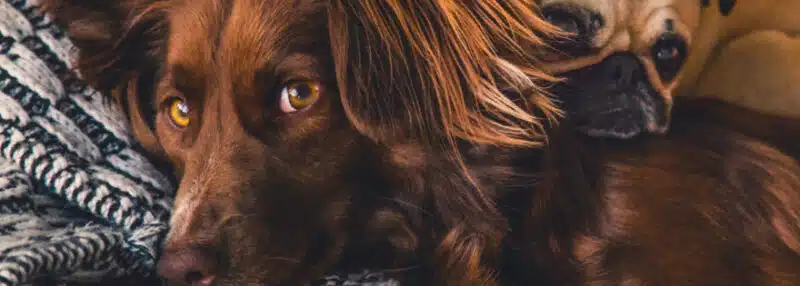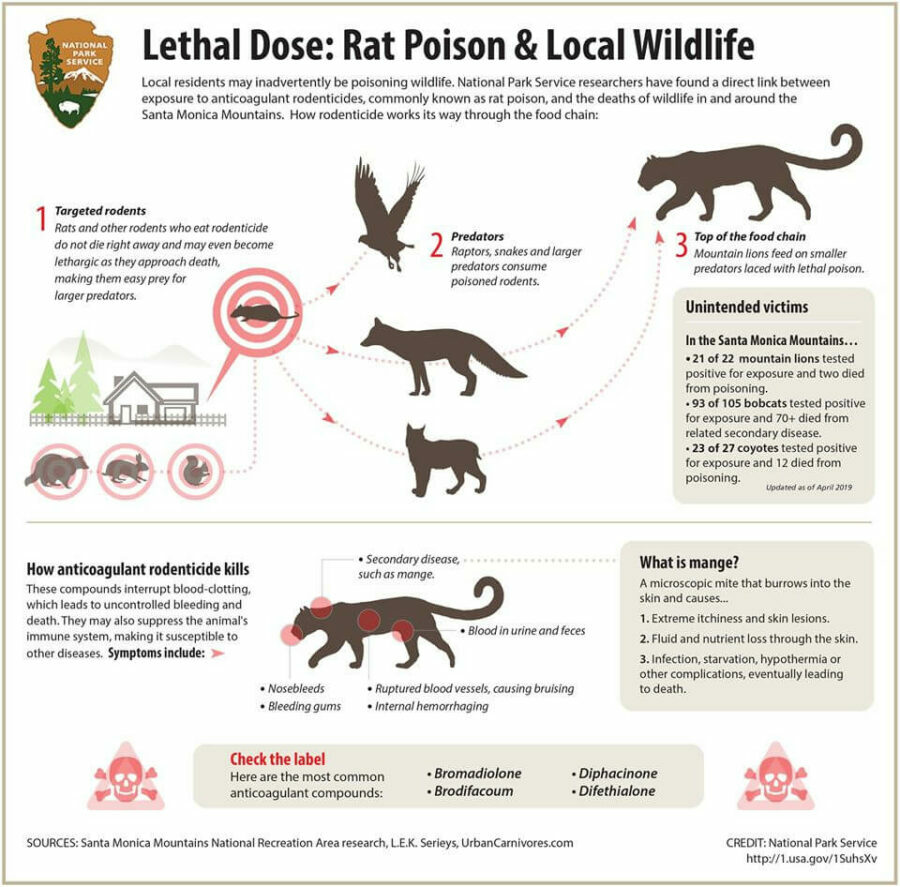Protect Your Pets (and the Planet) from Poisons
By: EarthKind
First, if you think your pet has ingested any poison, don’t wait, call the 24/7 Animal Poison Control Center at 855-764-7661 or go to www.petpoisonhelpline.com.
Protecting your pets is high on your list of priorities. They’re family.
But your home can pose a laundry list of risks to your pets. Cleaning products, medicine, and houseplants are just some of the things they might eat that could cause them serious damage. They can’t read the warning labels, after all.
So why add another risk?
If you choose poison to control insects or rodents, your pet could become a collateral casualty.

In fact, according to the ASPCA, poisons intended to fight off unwanted guests are among the top ten household risks for pets – especially dogs. These poisonings can lead to permanent health issues or even death.
Sadly with poison, it’s not just pets you have to worry about. There are your kids, the soil our food grows in, and our broader family of living creatures.
When a rodent comes into contact with poison, it will probably go outside to die where it becomes an easy victim for predators.
Recently, the Santa Monica Mountains National Recreation Area found that a mountain lion they were tracking known as P-47 had passed away. But as once they found him, they noticed he had no wounds.
P-47 had apparently succumbed to poisoning from anticoagulant rodenticides – rat poison – at the age of three.
P-47 isn’t the only victim. Foxes, owls, hawks, and falcons also feed on mice and rats, putting them at great risk of secondhand poisoning. The statistics are more alarming than you might expect: in 2017 in the UK, rat poison contaminated 90% of barn owls examined.
Just like owls, your pets are natural predators and count rats and mice among their prey. If your cat catches a mouse that has come into contact with poison, your cat will also be a secondhand victim of rat poison, which can be just as dangerous as consuming it directly.
Image: Santa Monica Mountains National Recreation Area on Facebook
So what should you do to protect your pets?
- Ditch the poison: it’s not safe in any form for any home that has pets, and it’s massively harmful to the environment. That’s part of why our founder Kari Warberg Block invented Stay Away® Rodent and Fresh Cab® Rodent Repellent. Instead of poison, EarthKind uses natural ingredients with zero harmful chemicals to be safe for use around children and your pets. Kari’s efforts have already reduced the need for poison for pest control in the home from 98% to 90% over the past decade. Join us in our mission to reduce that number from 90% today to 50% in 2020.
- Make sure you’ve locked away things like bleach and cleaning supplies somewhere secure, especially if you have dogs. They’ll chew through anything!
- Be careful with food. You’re probably aware that chocolate can be toxic to dogs and cats, but did you know that grapes and raisins can cause kidney problems, and garlic and onions can cause anemia? To be safe, keep human food away from your pets: even if they’re begging for it.
- As handy as a cat or dog can be when you’re trying to tackle a rodent problem, rodents are notorious carriers of disease, and pets risk contracting diseases if they go hunting for wildlife. And as we mentioned earlier, if your pet eats a poisoned rodent, they could be in severe danger. Keep them away from rodents, even if it is against their instincts.
Our founder Kari Warberg Block recently appeared on Animal Talk Radio’s podcast to discuss starting EarthKind, making homes safer for pets, and her love for nature. You can tune in here to learn more from our founder in her own words.








